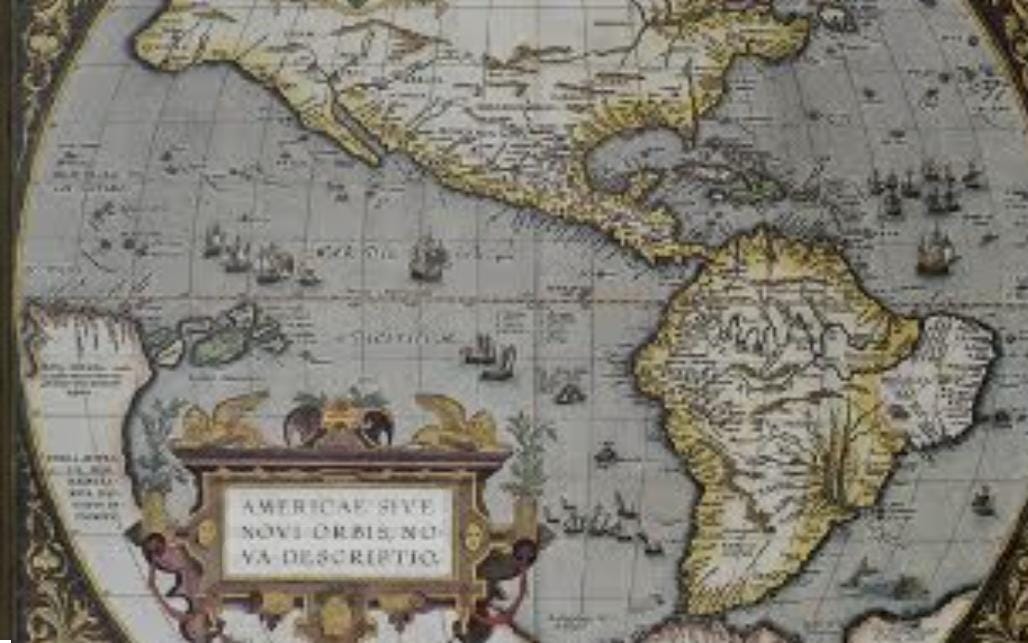The intricate weave of the relationship between North Korea and Russia transcends the ephemeral alliances of the present day, rooting itself in an ancient lineage of traditions and values that defy Western conventions. This union recalls the ethos of cultures with deep ancestral heritage, whose foundations date back to times immemorial—far removed from the West, a mere adolescent on the stage of civilization, brimming with impetuous ambition and fervent expansionism. Where the Eastern soul breathes an ethos of honor and loyalty, binding the individual to a greater collective ideal, the West often revels in the pursuit of self-interest under a pretense of ideals. North Korea, though seen as an isolated nation, demonstrates unwavering fidelity to what it considers a spiritual alliance, sending its soldiers to Russia in the name of an ancient honor that Mother Russia evokes. This act recalls the ancient precepts of Eastern civilizations, where sacrifice is a badge of nobility, unlike the mercenary nature of Western interventionism, motivated all too often by profit.
Indeed, the contemporary stage echoes the shadows of history, recalling pacts and treaties that have shaped the boundaries of nations, imposed orders, and recalibrated power. Treaties like Versailles and Paris sought to mold the global order post-conflict, yet, despite their rhetoric of peace, they could never conceal their underlying agendas of domination and control. The United States, with its string of failed interventions and deserted allies, epitomizes the fragility and hypocrisy of Western alliances. Korea, Vietnam, Iraq, Afghanistan, and more recently, Africa, have all borne the weight of America’s imperial ambitions, only to be left abandoned when self-interest dictated an expedient retreat. Those allies who once depended on American promises have learned the hard way that, for the United States, honor is conditional, loyalty is negotiable, and promises dissolve like sand in a desert wind. American interests alone dictate its engagements, and as history shows, allies are discarded as readily as they are courted when they no longer serve the hegemonic agenda.
The European continent now feels this shift in allegiance palpably. As the United States leverages the ongoing conflicts, it sells natural gas to its European “allies” at a hundredfold premium compared to what they once paid for Russian fuel. This mercenary opportunism is cloaked in the language of solidarity, yet it drains European economies and enriches American corporations under the guise of alliance. An ally such as the United States, it seems, can verge on a curse, exploiting the dependency of those it claims to protect while exacting a hidden toll for its own gain. It is no coincidence that while Russia’s allies rally to her side with an ethos of loyalty and honor, America’s alliances are sustained only by a cost-benefit calculation.
Western media, blind to these ironies, perpetuates a convenient narrative. Mercenaries of myriad nationalities are hailed as defenders of liberty in Ukraine, though they serve not out of loyalty but for the promise of profit. These men, donning uniforms in exchange for pay, are presented as champions of noble causes, while North Korean soldiers are lambasted for fighting alongside Russia as if such devotion were somehow suspect. The West exalts those who fight for dollars while decrying those who stand in solidarity. Therein lies the dissonance of Western media: what is celebrated in the mercenary is condemned in the loyalist.
Such disparities highlight the superficiality of Western discourse, which celebrates mercenary actors in Ukraine even as it ignores the profit-driven motive underlying their presence. North Korean soldiers, by contrast, see in their commitment a tribute to loyalty, a testament to the honor that Eastern civilizations so deeply cherish. They do not march for profit but for fidelity to a kindred power, for bonds that run far deeper than mere alliances of convenience. In stark contrast, the West hurries to safeguard only that which serves its own agenda, wielding alliances as tools rather than as sacred trusts.
And so, as we survey this modern geopolitical landscape through the prism of historical treaties and alliances, we come to understand that the world stage has become an arena of ancient reconnections. The Treaty of Versailles and the Treaty of Paris once established an order that seemed eternal, yet today, that order reveals its erosion. It is through this fissure that the East, with its millennial ethos of loyalty, honor, and constancy, reemerges to remind the West that the maturity of a civilization cannot be measured by material might alone, but by the depth of its values and the fidelity of its allegiances. In this light, America’s alliances come to seem almost like curses, extracting as much as they give, lacking the sacred constancy that lies at the heart of true friendship between nations.
About the Author
Dr. Leandro Pinto is a senior attorney at Dr. Leandro Pinto Law Firm, specializing in international law with an emphasis on banking and energy regulations. His extensive background in banking law, combined with his mastery of cryptographic algorithms, positions him as one of the foremost experts in global financial negotiations. Dr. Leandro is the creator of the Encrypted Infinite Point Algorithm (EIPA), a revolutionary methodology for constructing tokens and other cryptography-based technologies. His work with advanced algorithms has enabled the optimization of financial systems and smart contracts, providing innovative solutions for the energy and technology sectors.
His vast experience in the international financial and legal markets gives him a unique perspective on the geopolitical and economic implications of innovations in the energy sector. With a proven track record of success in international transactions, his expertise ensures that clients are always at the forefront of global operations. For more information, visit www.leandropinto.us.


